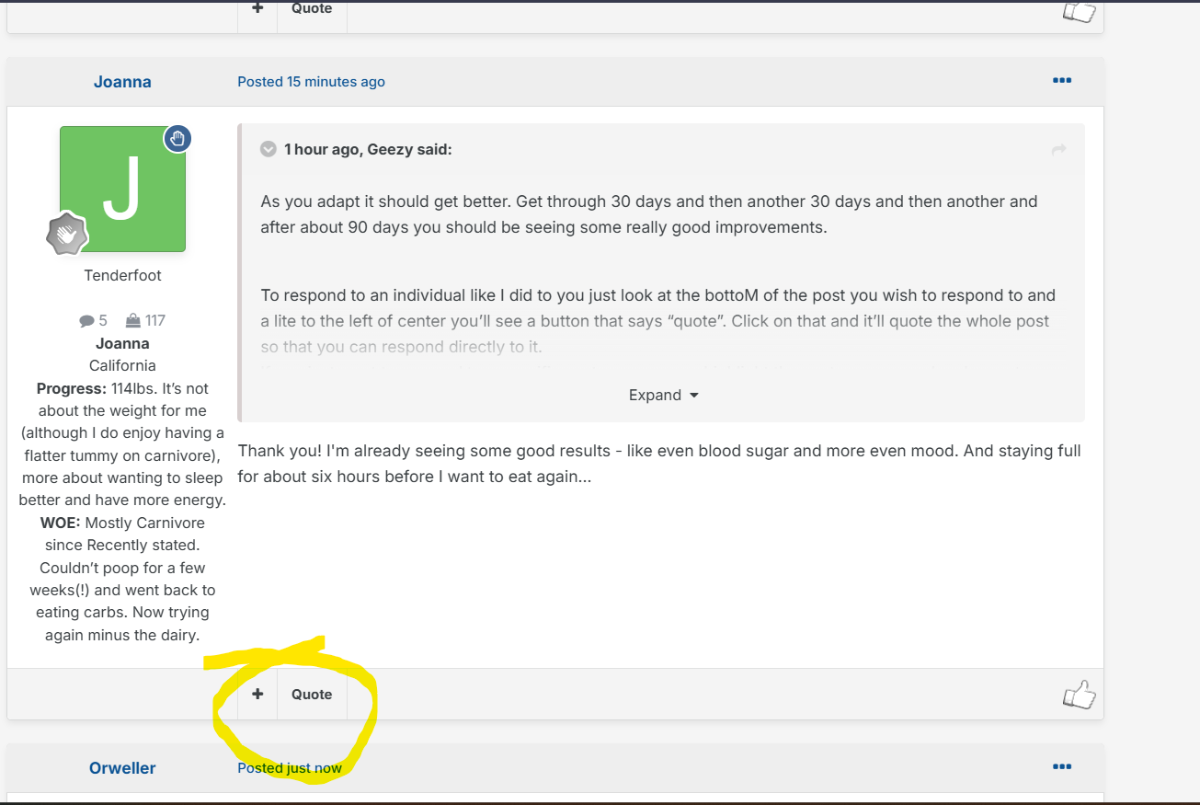Welcome to our Carnivore / Ketovore / Keto Online Community!
Welcome to Carnivore Talk! An online community of people who have discovered the benefits of an carnviore-centric ketogenic diet with the goal of losing weight, optimizing their health, and supporting and encouraging one another. We warmly welcome you! [Read More]
- Replies 15
- Views 1.5k
- Created
- Last Reply
Most Popular Posts
-
Early man got most of his minerals from drinking from flowing streams but today all of our water is filtered so we have to supplement. Sodium is an essential mineral and we used to follow the animals
-
Because without it, we die.
-
What did people do before Whole Foods and the expensive sea salt products? was everyone just dying left and right without adding tons of sea salt to everything?








I’ve never used salt on my foods until this carnivore diet. Because they say you have to take salt with carnivore
but now I’m putting a good 2 teaspoons per day maybe less.
and the food all tastes bland without the salt
are you sure eating all this salt is necessary?
The sea salt is alternating my normal taste buds. Everything tastes blah with out salt
if you really think about it from an ancestral perspective before grocery stores
where is a guy going to get Redmon sea salt without a grocery store or some salt mine nearby?
are you sure eating all this salt is normal?